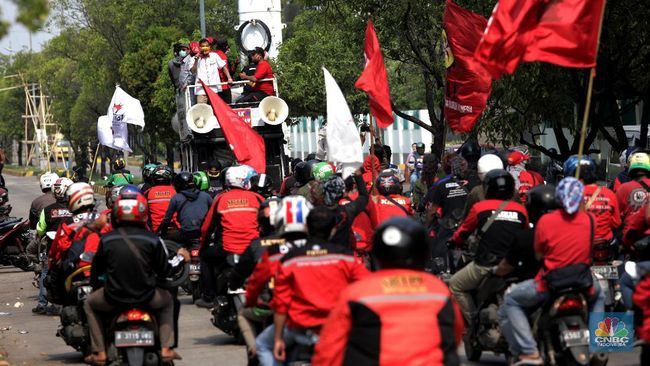In recent years he was not much at the Binnenhof anymore. Lonely further in Amsterdam. The last ‘last question’ by Julius Vischjager at the end of the weekly press conference of the Prime Minister, so famous in The Hague, dates back to 23 March 2018. Prime Minister Mark Rutte (VVD) was not even there at the time. The honors were held that Friday afternoon by Deputy Prime Minister Kajsa Ollongren (D66). Vischjager wanted to know whether she could tell in which foreign country Rutte was.
It was an exceptionally normal question for Vischjagers doing. He could also have asked her whether she was satisfied or dissatisfied with herself. Or he could have asked something about the tuning of the false piano in the House of Representatives. And otherwise about the use of the word ‘probably’ in politics. He was from the last question. But the question that arose was always a surprise. Often something incoherent or incomprehensible. He was found dead on Tuesday in the Ringvaart in Amsterdam East.
Also read the portrait of Vischjager from 2014, when NRC followed him: The last question is for … the ‘Binnenhof jester’
Julius Vischjager, who was 83 years old, liked to call himself “Binnenhof jester”. “Crazy about”, was the less friendly description of others. Pleasantly disturbed is perhaps the most obvious for the traumatized Jewish child who lost both parents in World War II and was rescued from deportation by a Dutch nurse.
Conservatory
In the 1960s and 1970s, the Vischjager, who graduated from the conservatory and who was living on a war benefit, was pampered by the controversial Amsterdam artistic and journalistic world, which, incidentally, did not take him seriously at all. He was a member of Provo for a while, but later, wearing a red pointed hat, called himself PvdA gnome and spoke at department meetings of the party. “He makes you desperate, endears you, conjures up another world,” wrote editor Frans van Klaveren in 1987. NRC Handelsblad in a portrait on the occasion of Vischjager’s 50th birthday.
The party on the occasion of this event in a hall of the Amsterdam café Eik en Linde was described in detail in the Stan Huygens Journaal, the society section of the Telegraph. Visitors included Liesbeth and Joop den Uyl, Hans Gruijters, violinist Theo Olof, Father Jan van Kilsdonk, economist Arnold Heertje and journalist Henk Hofland.
Vischjager reflected the ‘everything-must-may-and-be-able’ Amsterdam. He appointed himself editor-in-chief of the least daily published Daily Invisible, a collection of A4 pages that he had written full of written or, more precisely, chalked-up photocopied A4 sheets that he carried with him in a worn out shopping bag. In the second half of the 1970s, with the help of parliamentary journalists friends, he managed to get through to the weekly press conference of the Prime Minister, on Friday after the Council of Ministers. CDA member Dries van Agt was the first to deal with him. After all the deadly serious questions from the critical journalists from The Hague, he could appreciate the disorganization of Vischjager.
Parliamentary journalists tolerated him as long as he limited himself to asking the last question. Part of Julius’ – by only his first name, as he was referred to by everyone – Friday press conference ritual was that the prime minister or his deputy also wrote down the answer to the last question in keywords on the Daily Invisible. He would then receive that reply with a beaming smile.
Traveling abroad
Vischjager was able to arrange to become a member of the Parliamentary Press Association. This allowed him to claim certain privileges such as possibly traveling abroad with the prime minister. That happened a few times. The Government Information Service once believed it had found a solution during a foreign visit by Prime Minister Lubbers by assigning Vischjager to the partner program, so that he ended up in the company of Ria Lubbers.
Twice Vischjager managed to ask a question during the weekly press conference that also reached the mainstream media. The first time was when Prime Minister Lubbers replied to a question from him that it was indeed time for the Vatican to recognize Israel. He also jammed Prime Minister Rutte once when he did not know where the Hollandse Schouwburg was; the building where so many Jews were deported from Amsterdam during the war. “You’re a historian, aren’t you?” Said Vischjager. “I am full of teeth,” replied Rutte.
Two years ago, Vischjager was still mentioned by the journalist trade magazine Villamedia interviewed. Looking back, he then said that his Daily Invisible was not made for nothing. “He does belong to history, you know. What you expect from such a leaf, or actually do not expect: that it has made a big impression. With the necessary Prime Ministers.
–
/s3/static.nrc.nl/images/gn4/stripped/data62911440-b91ac0.jpg)

